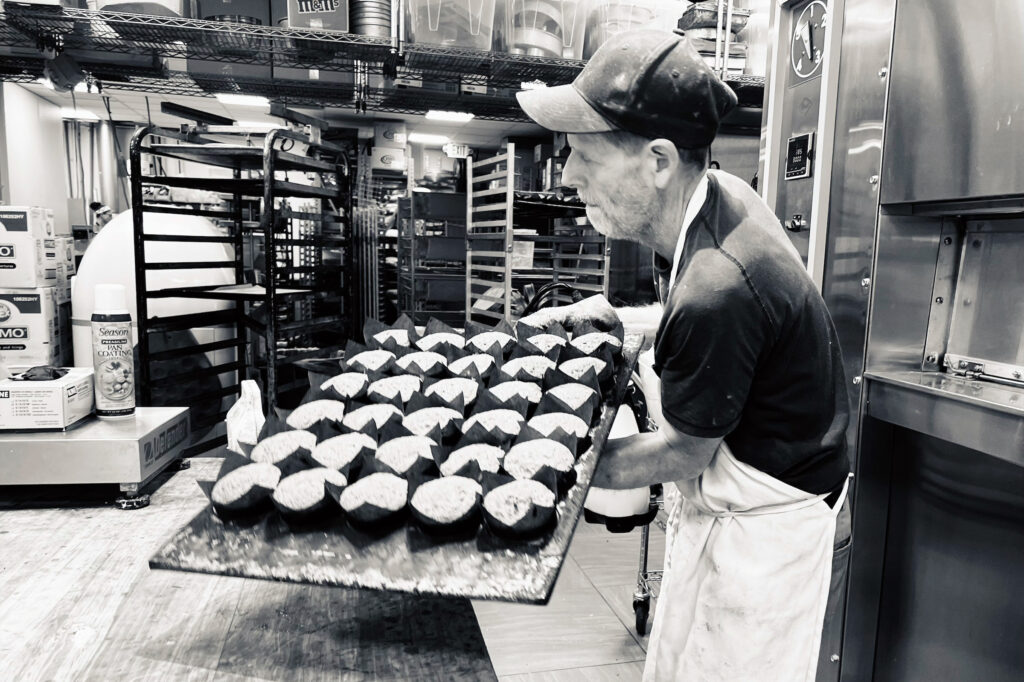What can we learn from this? What does this have to do with Louisville?
Like every city, we have our crime. We have a considerable number of people that are more vulnerable to crime. We have sections of town where crime is more likely to happen. But how do we tend to respond?
I cannot count the number of times people, intending to impart advice designed to help keep me safe, have said, “oh, stay out of Portland. That neighborhood is dangerous.” “You shouldn’t go out (at night) by yourself. It’s dangerous.” “You shouldn’t ever get toasted at a bar!” (even if you’re out with friends, have a designated driver, and let your roommates know where you’ll be.)
Exclamations and statements like this send a message, and it’s not that the listener should be vigilant and stay safe. The message is: If you don’t do these things, something bad (rape) will happen to you, and it will be your fault. Certain neighborhoods are inherently dangerous by virtue of who lives there, so even if you do check all the boxes, something bad will still happen to you, and it will still be your fault.
Messages like that lead to what is happening in Cleveland, Texas–no one is denying what actually happened, but what to call it, and who to blame. Index fingers everywhere are being pointed at the little girl and her parents, while racial slurs pour out of the mouths sharing the body of said index fingers, calling toward the eighteen rapists.
We need to take a good, long, and hard look at ourselves. How we react to the report, and a girl’s gang rape in Texas will reflect who we are, and what our priorities are.
It’s easy to believe that one may avoid rape by checking off the boxes of a list of actions. It’s easy to believe that crime is restricted to one neighborhood, or one race, or one gender presentation. But it is only easy insofar as you, your family, and your loved ones have not been victims. Then, rather than the rapist being prosecuted, it is the victim, and in the case of minors, like the 11 year old girl in Texas, the victim’s parents that are punished.
The fact is, you cannot avoid rape by dressing modestly (whatever that is), avoiding alcohol, avoiding social events, avoiding the appearance of flirtatious behavior, avoiding going out at night, avoiding, at all times, being alone, avoid being in the presence of men, avoiding relationships, sex, sexuality (this list is getting rather long, isn’t it?), avoiding residency in “bad” neighborhoods, avoiding living alone, always having pepper spray, staying current on “self-defense lessons,” always wearing running shoes, and on and on and on.
The only way to avoid rape is to avoid being in the presence of a rapist.
Both of these tactics are impossible.
You cannot live life–if you follow at all times, that not-so-short list of to-dos and to-don’ts. And you cannot know who is a rapist–a giant, red “R” doesn’t appear tattooed on someone’s forehead if they’ve raped. Or are considering rape.
We have placed an impossible burden upon the women and girls of this country. Further, we punish them (us) harshly if they (we) cannot carry that burden. It is time for us to remove that burden.
Let us be an example to the rest of the country, and a stark contrast to Cleveland, Texas. Let us support and have compassion for rape victims. Let us free women and girls of their solitary burden to prevent their own violation. Let us condemn the action–rape–rather than degenerating an entire demographic of people, and vilifying the perpetrator(s). Let us demand our justice system deal out appropriate sentences. Let our courtrooms cease their condemnation of women and girls who fail to carry that burden we’ve placed on their (our) shoulders.
It will not be easy. But it is the right thing to do.







